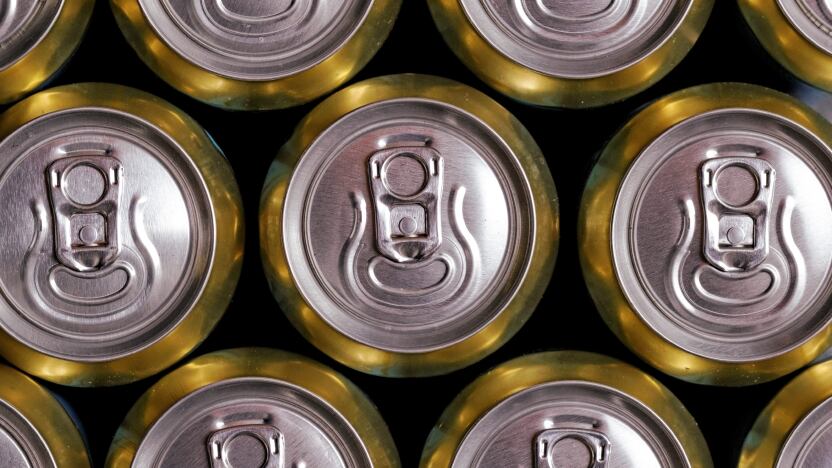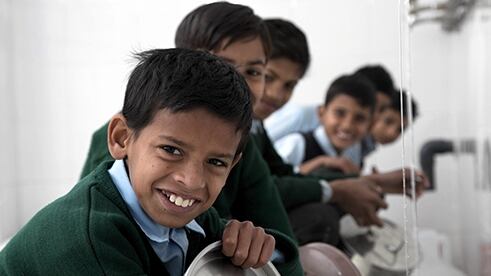Valued at over US$1bn, Gurgaon-based Zomato has stood out in its segment where many of its compatriots have struggled, said it had broken even in six key markets and expected to make a profit next year.
Deepinder Goyal, its co-founder and chief executive, said the app-driven recommendation and delivery service had broken even in its biggest market, India, was no longer making a loss in the UAE, Indonesia and three other markets in the Middle East and Southeast Asia.
It also has operations in 17 other countries including the United States, Britain and Australia, and has so far raised US$225m from investors including Temasek, Sequoia and Info Edge.
Speaking to Reuters, Goyal said the break-even markets account for three-quarters of the company’s revenue.
"The fundamental model of our business is that in mature markets we should make profits and they shouldn't need any more outside money to grow," Goyal said.
“Our unwavering focus is on making money. The bulk of our revenues comes from advertising and we have doubled our ad revenues in the last four months while keeping costs stable.”
Amid extreme competition in the e-delivery segment, Indian companies have seen slender pickings as the niche has developed. Last year saw a series of mass lay-offs with TinyOwl and Foodpanda restructuring their operations after expanding too fast.
Zomato also pared back its delivery services in four Indian cities last month and laid off 300 employees last October.
The company’s backers include Sequoia Capital, Singapore government’s Temasek Holdings and Indian e-commerce player, Info Edge. Investors including China’s Baidu have reportedly shown an interest in Zomato.
More stories from South Asia…
Indian brewers: Lowering beer tax would do ‘immense good to society’
Over 90% of all alcohol consumed in India is in the spirits category, according to a survey by the All India Brewers Association which also found beer languishing at 7% and wine hardly even registering.

The AIBA’s white paper suggested that the high taxes imposed on alcohol are leading Indians to seek out varieties of liquor with more alcoholic kick.
"For Rs100, a consumer can buy 180ml of local whiskey, which works out to about Rs1.3 per ml of alcohol,” it said. “The same amount will buy a 650ml bottle of strong beer, but because of the lower alcohol levels, consumers pay over twice as much per ml. Therefore, beer taxation is indiscriminate and does not depict value to the consumer forcing people to opt for hard liquor.”
Calling for a change to the way beer is taxed, the AIBA said the resulting lower prices would “wean people away from hard liquor”.
“This will therefore do immense good to society at large if beer is delinked from hard liquor in terms of perception, taxation, availability and distribution," it said.
Indian liquor consumers pay some five to six times the manufacturing cost due to tax, making locally produced beer among the most expensive in the world, in relative terms, the report added.
Nestlé launches three drinking water plants for local communities
Nestlé has opened three new facilities in Pakistan to give free access for some 30,000 residents in Punjab and Sindh to clean drinking-water.

The plants, in Khanewal, Kabirwala and Village Allahabad, will be maintained by Nestlé to ensure the consistency of water quality, the company said in a statement.
Their opening brings the total number of clean drinking water facilities constructed by the Swiss multinational in Pakistan to eight, from which more than 50,000 people benefit each day.
John Miller, the Nestlé’s vice-president responsible for the facilities, said the company was committed to engaging with the communities around its areas of operation.
“Improvement of access to water and sanitation is just one of the many ways in which we add value to the communities we operate in,” he said at the Allahabad inauguration.
